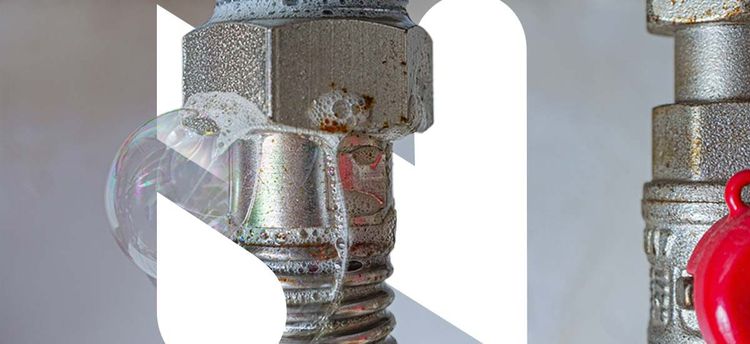5 Dec 2024

Gas leaks in your home can cause health problems, and in the worst cases, they can be fatal. Learn about the common indicators of a residential natural gas leak and tips for a quick and effective response.
A residential gas leak can be extremely dangerous, as gas can build up and cause an explosion. Here are some ways to identify a leak before it becomes life-threatening.
Be careful when you come across these signs:
There are times when you cannot identify leaks on your own. Invest in gas leak detectors for timely and effective identification. A gas leak detector is a device that helps you monitor leaks and alerts you to the presence of natural gas in your home. When the sensor comes into contact with the gas, it triggers the alarm system.
In case of a gas leak, here are some evacuation steps you need to take:
When turning off the gas supply, follow these steps for your safety:
While you may consider repairing gas leaks on your own to save money, it's best to let the professionals handle the work. Hiring certified professionals is the safest choice, especially given gas leaks' unpredictability. Licensed technicians have the expertise and tools to locate and properly address gas leaks. With guidance from the professionals, you can also save significant costs over time.
Professional technicians handle residential gas leak repair safely and effectively. Here's what to expect during professional repair process:
Prevent leaks with regular residential gas inspections. Check each appliance for signs of disconnected hoses, worn seals or damaged valves. Early detection is the key to unwanted gas leaks. Conduct visual inspections as part of your preventive measure, starting with common natural gas-powered appliances like:
When installing a gas detector, consider placement considerations such as potential hazard zones and obstructions. Set them up in areas following the manufacturer's guidelines. You can also consult a qualified electrician to map out the best location for the system. Regular testing is as important as the installation. Inspect sensors and alarms for effectiveness and signs of wear.
Residential natural gas leaks can happen in any home. With proper maintenance and quick thinking, you can save yourself and the people you love. As your trusted retail energy provider of residential gas, we prioritize your energy demands and safety. We deliver safe, dependable residential gas and other sustainable solutions to every New York, New Jersey home and beyond. Trust us to provide insights on how to properly use residential natural gas systems to prevent leaks and accidents. Contact us today to discuss